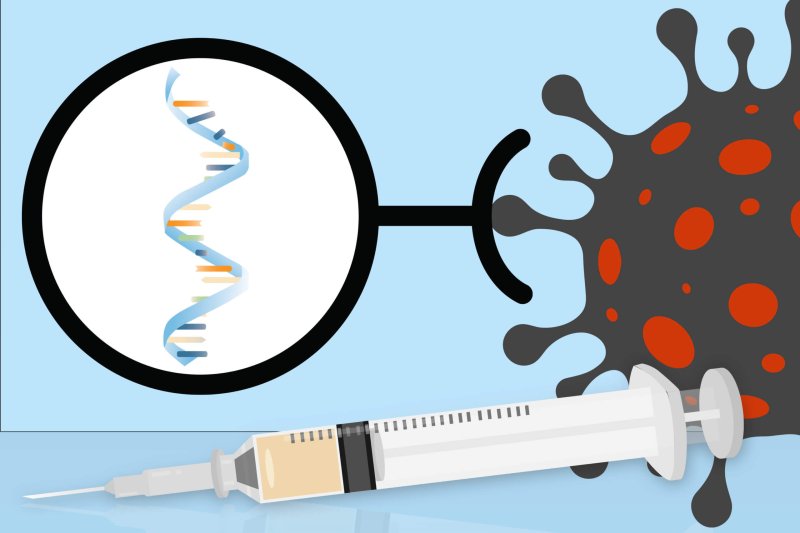Both the Pfizer and Moderna vaccines are mRNA vaccines, which contain tiny fragments of the genetic material known as “messenger ribonucleic acid”. And if social media is anything to go by, some people are concerned these vaccines can affect their genetic code.
Here’s why the chances of that happening are next to zero and some pointers to how the myth came about.
…
The mRNA in the vaccine is taken up by the cells in your body, ending up in the liquid inside each cell known as the cytoplasm. Our cells naturally make thousands of our own mRNAs all the time (to code for a range of other proteins). So the vaccine mRNA is just another one… The vaccine mRNA is short-lived and is rapidly broken down after it’s done its job, as happens with all your other mRNA.
Your genetic code is made up of a different, but related, molecule to the vaccine mRNA, known as DNA, or deoxyribonucleic acid. And mRNA can’t insert itself into your DNA.
In reality, mRNA technology has all sorts of applications, beyond vaccines, including biosecurity and sustainable agriculture. So it would be a pity for these efforts to be held back by misinformation.































